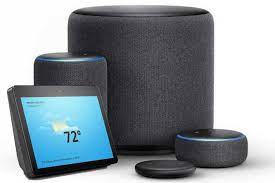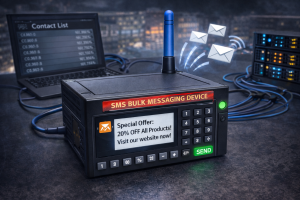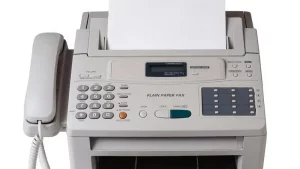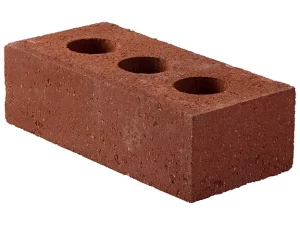(13-01-23) Blog 13 – What to do with that Alexa you got for xmas
Firstly, stop calling it an Alexa – Alexa is the AI system which handles your requests. Typically the device you use to speak with Alexa is an Amazon Echo device.
Now, you might think this is a bit petty, but believe me – get into the habit of calling it an Echo as opposed to just “Alexa” – you’ll thank me soon.
As an example, If you have friends round to your home who insist on calling it an Alexa, they will set the bloody thing off every time they say “oh yeah, I asked Alexa the other day…”
Get everyone you know in the habit of calling it what it is “an Echo” and you’ll never have to shout “Alexa, shut up” when someone triggers it by accident.
Secondly go out and get some other smart devices, otherwise, you’ll quickly come to think that the Echo is just a glorified radio/alarm clock.
The Echo system itself is fairly useful for things such as radio, asking quick questions to save you getting your phone out to Google something, maybe even setting a bunch of timers so you don’t burn your tea, but in all honesty – that’s about it.
Unless you start integrating it with the rest of your life.
Now I have to be honest here and say that I’m very heavily invested in the world of home automation and IoT and the Echo / Alexa is a major part of that ecosystem.
As such, I understand how expensive this road can become. BUT, the world of home automation is getting cheaper and cheaper every year – especially if you look for the deals that go on offer every now and then.
With respect to the smart devices I have integrated in my house, I have a wide range of things from multiple manufacturers. These include Yale smart door locks, Phillips hue lighting, Arlo security cameras, Amazon blink cams, Ring doorbells, Google Nest heating controls, Nest protect smoke detectors, and smart underfloor heating.
I utilise 3 different makes of smart plugs (Amazon, Tuya, Samsung), along with a smart airconditioning unit and a smart air purifier / fan.
To allow some of my “dumb” devices to become smart, I have a logitech harmony hub which I use to control my Virgin Media TiVo, Samsung TV, and Denon amplifier – all of which are currently not smartdevices themselves.
Controlling most of these devices are the 8 echo devices I own – one in each room.
This is where the echo devices really start to become more than a glorified radio. Having the ability to control my various devices by voice is so much easier than, for example, having to grab my phone, open an app, wait for the API to load and then turn on the garden lights.
Now I’m certain that there are some readers thinking “surely, it’s easier to just go flick a switch.” and you’d most likely be right. But my argument against the manual way is that you can’t flick a switch when you are away from home and it starts getting dark. You cant flick a switch when the seasons change and dusk moves its times. You cant utilise manual systems to switch things on or off at a specific time. You can do all of these with a smart system, and do it by voice if you use an echo device.
Quite possibly one of the best things about home automation with the use of the Amazon echo devices is the abiity to create and utilise routines.
The routines you can create are almost endless, you just have to think about how you move around your home and convert those actions into a routine.
For example, when you go on holiday, its common to leave a light on, or put one on a timer so it has the appearence of someone being at home.
With smart lighting and an Alexa routine, you can control all your lights – the inside ones, the outside ones, and ceiling lights as well – not just the typical table lamp with plug-in timer. With a routine, you can make it look as if someone is actually moving throughout the house.
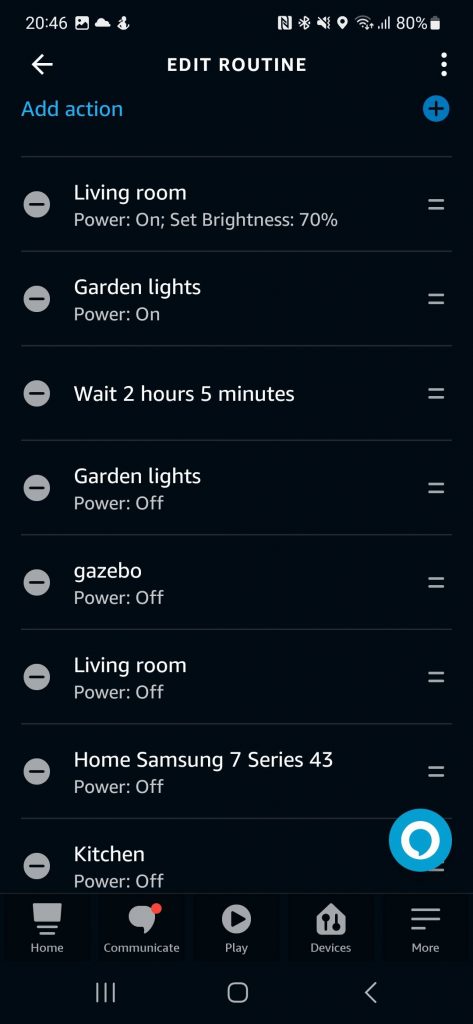
Another example of a good routine which controls smart devices is one which you use to turn off all your devices when you go to bed, just with a simple “Alexa, goodnight” command.
In our house, our goodnight routine turns all the downstairs lights off, turns the TV, TiVo, and amplifier off, sets a timer to auto-arm the security system after 20 minutes, and turns the bathroom, and bedside lights on. This means we can just head off to bed and not go round switching everything off. It really is great.
I mentioned this to a friend the other day, and his response was – “isn’t that just lazy”, and whilst it might be, my response was – “well, how much do you love not having to do anything when you are on holiday – isn’t it nice to just have things done for you?” After a few seconds of thought, he replied “yeah I suppose it is, I can see how it can make things easier”.
What about elderly people? What about the less-abled? Having routines such as this can really make a difference.
Another routine I have in my house is one which utilises a motion sensor on my landing which detects movement in the night and automatically switches on the bathroom light – chances are that if someone is up and about at 2am, it’s because they are niping to the loo, or grabbing a drink.
So rather than fumble along the landing, potentially tripping over the dog, or bumping into a doorway, the bathroom light is turned on at 10% brightness. Then a timer waits for 10 minutes before automatically switching the light back off. So you can just nip to the loo, wash your hands and jst stumble back to bed without having to even think about turning lights on and off. It’s a small thing, but it does make a difference.
Where it really makes a difference though, is when guests stay over. Typically, guests don’t know exactly where things like light switches, etc. are and do spend time fumbling around – well, not with a routine like this they don’t.
The various apps which come with the plethora of smart devices you can buy might have some small ability to create basic routines, but it’s the ones built and managed by your Echo devices in the Alexa app that really bring out the power of home automation.
Amazon initially set out to become the number 1 for smart assistants, and they have certainy acheived that goal, but now they have set their sights on Alexa being the nerve-centre of your home automation ecosystem and they seem to be doing a pretty good job at it so far.
So if you havent already got a few smart-enabled devices, I really do recommend you go out and invest in a few systems and start to revolutionise how you manage the mundane tasks in your house. It will make a difference to how you live your life at home.
Oh, and stop calling your Echo device an Alexa…
